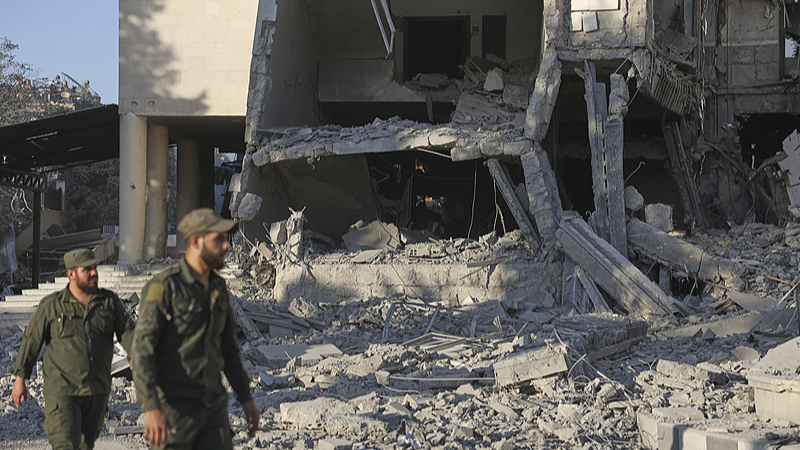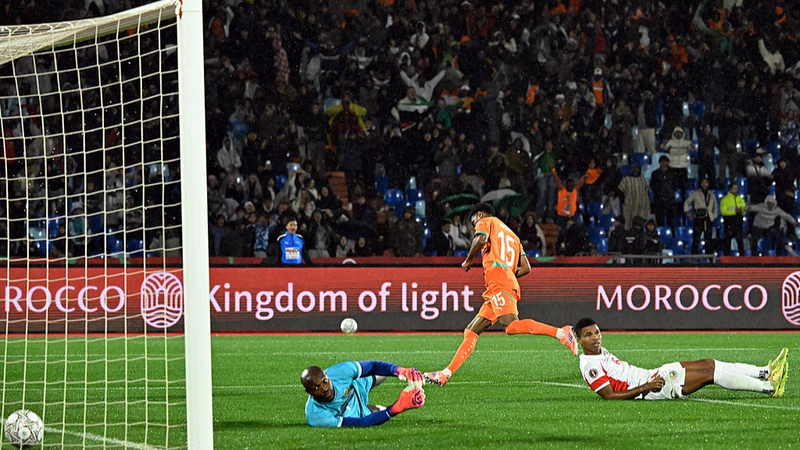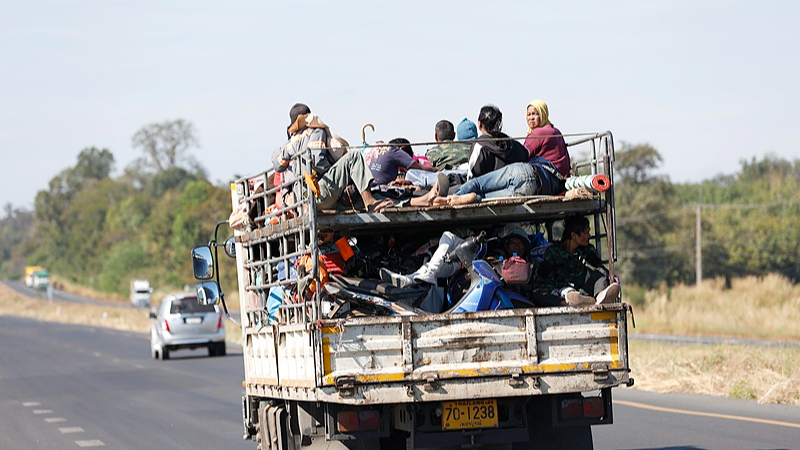In Syria's southern province of Sweida, a fragile ceasefire came into effect Wednesday night, ending four intense days of violence between Syrian interim government troops, Druze fighters and Bedouin tribes. According to the UK-based Syrian Observatory for Human Rights, at least 248 people lost their lives in the clashes.
The de-escalation deal follows a dramatic wave of Israeli airstrikes on Damascus just hours earlier. Israel said it targeted military sites to protect the Druze community in Sweida, striking the Syrian Army’s General Command headquarters, the defense authority compound in Umayyad Square and areas near the Al-Shaab presidential palace.
Under the agreement brokered between Syria's interim government and Druze spiritual leaders, all army units will return to their barracks and heavy weapons will be regulated in cooperation with defense and interior authorities. Local police checkpoints will be set up across Sweida city, and a joint monitoring committee of interim officials and Druze clerics will oversee implementation.
Sheikh Youssef Jarbouh, the top spiritual leader of Syria's Druze community, urged all sides to honor the accord and restore stability. Yet influential cleric Sheikh Hikmat al-Hijri rejected the deal, vowing to continue "legitimate resistance" until armed government forces withdraw completely from the province.
As Sweida adjusts to this uneasy calm, challenges remain ahead: securing trust between former adversaries, restoring government institutions, and navigating regional tensions. With a fresh round of talks and local oversight on the horizon, the success of this ceasefire could shape the path to wider de-escalation in Syria.
Reference(s):
Ceasefire begins in Syria's Sweida after clashes, Israeli airstrikes
cgtn.com



